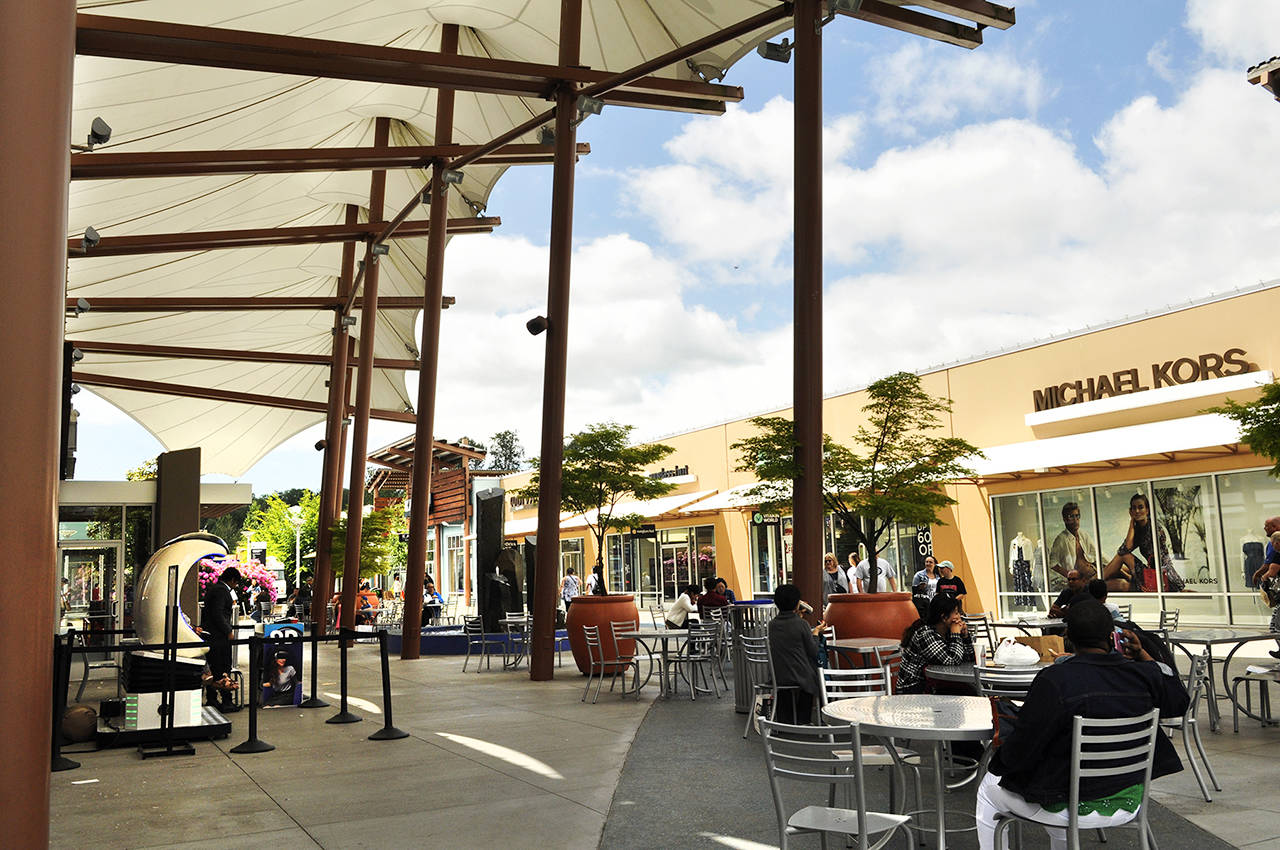TULALIP — The Tulalip Tribes are taking a sales-tax fight to the next level in federal court.
The tribes Thursday filed a notice to appeal a trial judge’s ruling in favor of Washington and Snohomish County. The decision allowed the state and county to continue collecting at least $40 million in sales tax annually at the Quil Ceda Village retail complex, a political subdivision of the tribes.
The tribal government, with support from the U.S. government, had sued to establish its sole taxing authority over the shopping area along I-5, which includes the Tulalip Resort Casino, an outlet mall and big-box stores.
“Tulalip looks forward to telling the story of its development and operation of Quil Ceda Village, and will continue to pursue its goal of generating tax revenue from the village economy to support services for the entire reservation community,” Tulalip Chairwoman Marie Zackuse said Thursday in a prepared statement.
The U.S. Department of Justice also filed a notice of appeal.
The tribes brought the lawsuit in 2015, soon after another case recognized the right of tribes throughout Washington to collect property taxes on trust land.
U.S. District Court Judge Barbara Jacobs Rothstein reached her sales-tax decision in October. The ruling cited testimony from an eight-day trial the previous spring. That included expert witnesses who spoke of the Tulalip Tribes’ ability to achieve financial success, without full taxing authority, through activities such as gaming and commercial leases.
“We’re disappointed that the appeals were filed,” said Jason Cummings, the county’s chief civil deputy prosecutor. “We have confidence that the appellate courts will uphold the ruling of Judge Rothstein. Judge Rothstein had a very reasoned and well-balanced decision.”
An expert accounting witness testified that the tribes had amassed a financial portfolio of nearly $1 billion. In 2015, the tribes spent $137 million on government services, the witness said.
That marks a huge turnaround for a community where unemployment exceeded 70 percent in the 1970s. The tribes’ fortunes changed drastically after opening their first casino in 1992 as an addition to a bingo hall.
Opposing expert witnesses highlighted substantial investments the tribes have made in roads, utilities and other infrastructure to develop Quil Ceda Village into what exists today. The tribes oversee police, a building department and other essential municipal functions.
There are no homes on the village’s 2,100 acres, and large portions remain undeveloped.
For much of the 20th century, the Tulalips had no access to that land. It was condemned by the U.S. government for use as an ammunition depot during World War II and the Korean War. The tribes later leased the land to Boeing into the 1990s.
A crucial step for redevelopment came in 1996, with the opening of the 88th Street overpass.
Walmart was the first major tenant to arrive in 1999. The federal government in 2001 recognized the village as a political subdivision of Tulalip. Businesses there now include Cabela’s and Seattle Premium Outlets. An estimated 50 percent or more of the outlet customers travel there from north of the U.S.-Canada border.
Most of the sales tax collected there flows to the state to support education and other services. A loss in court also would have had a big impact on the county. Executive Dave Somers said county coffers could lose $7 million in revenue, the equivalent of roughly 70 employees.
Noah Haglund: 425-339-3465; nhaglund@heraldnet.com. Twitter: @NWhaglund.
Talk to us
> Give us your news tips.
> Send us a letter to the editor.
> More Herald contact information.

























